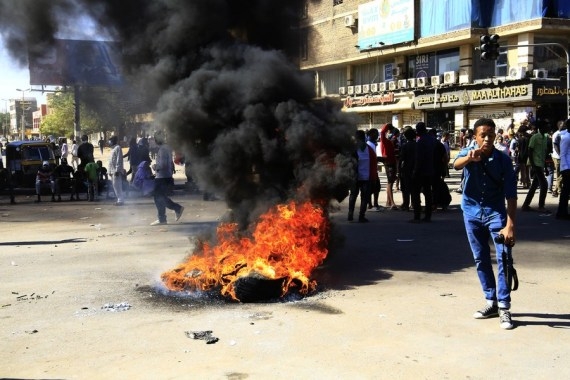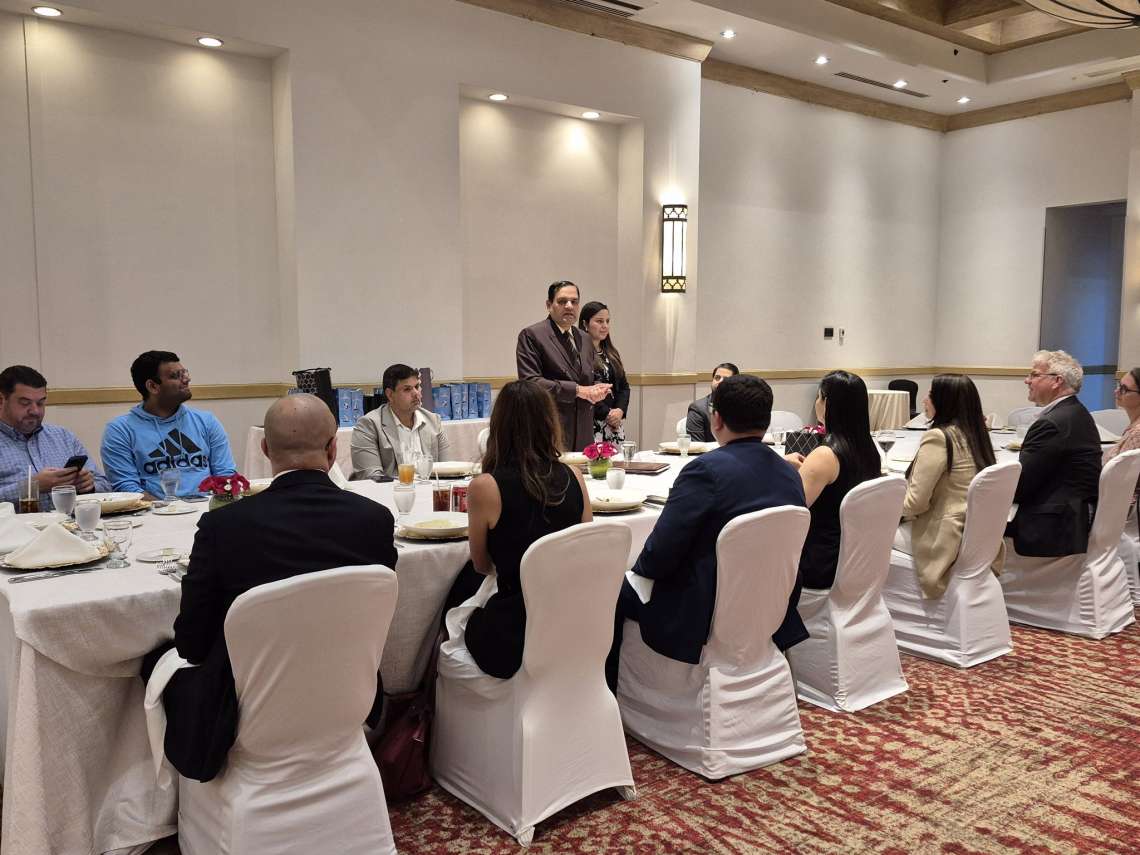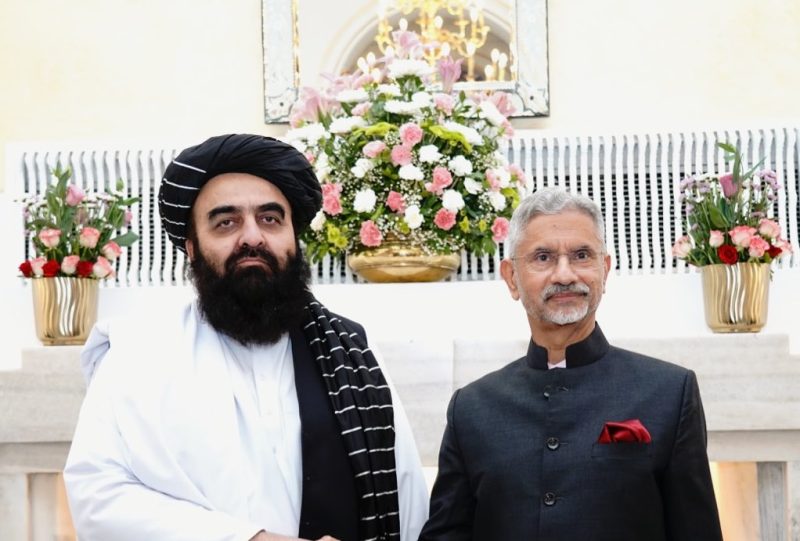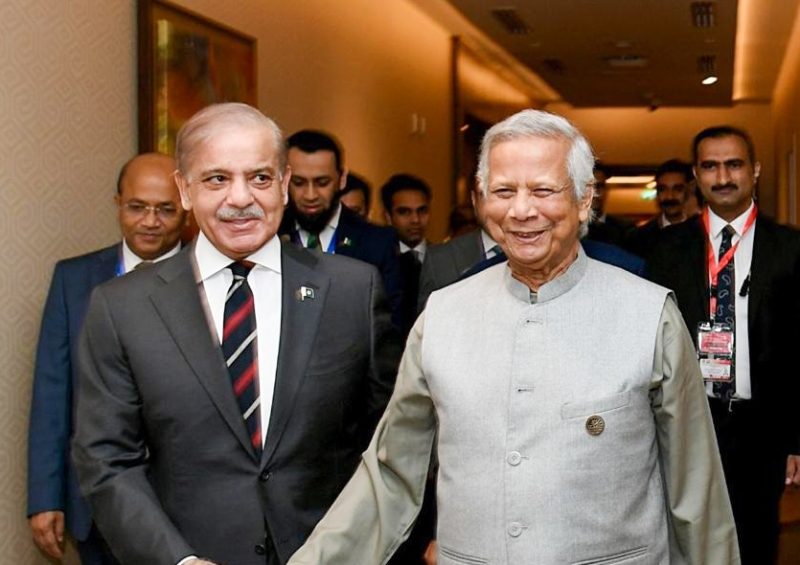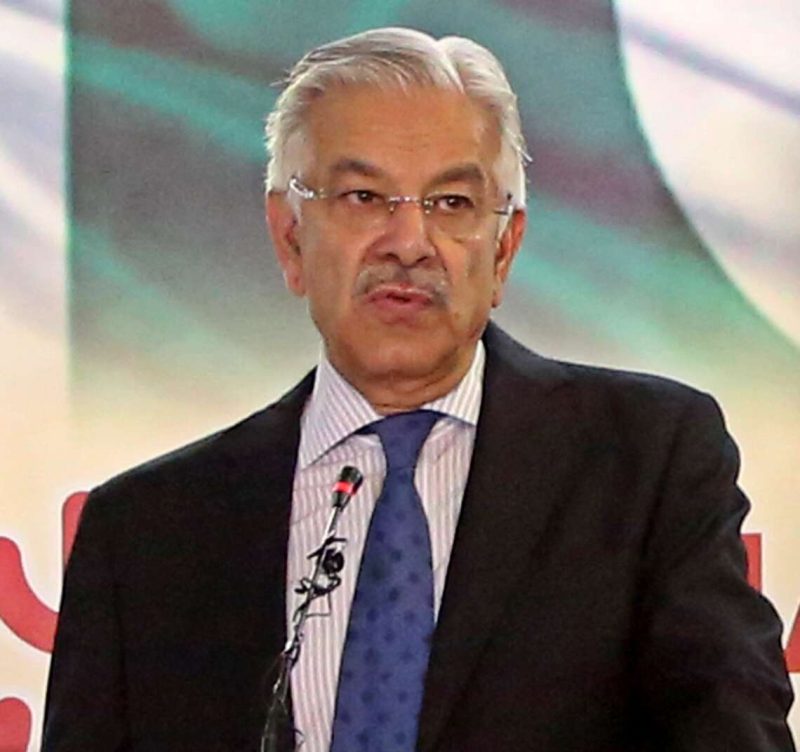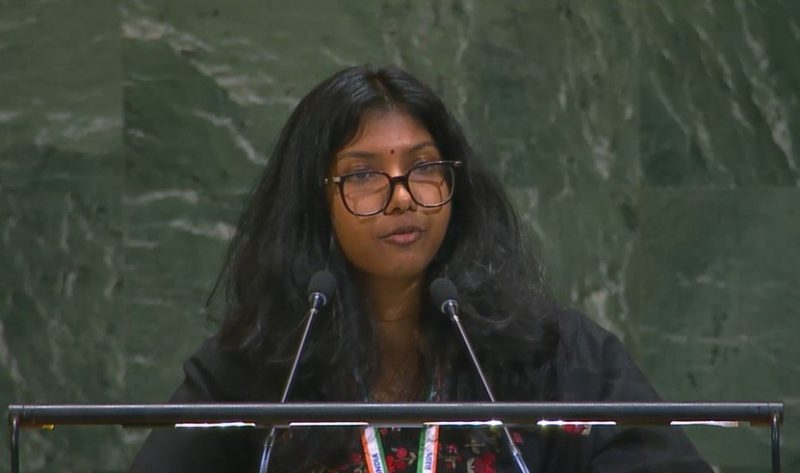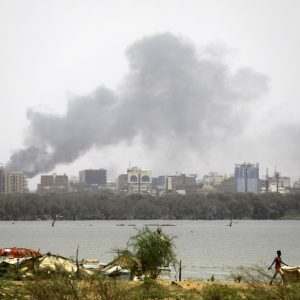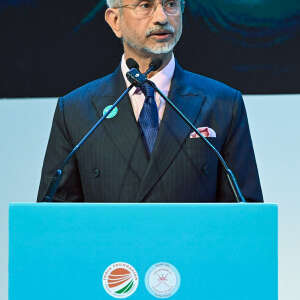UN estimated that the civilian death toll, including those rendered hors de combat, could reach hundreds during the assault and in the days following the RSF takeover…reports Asian Lite News
The UN human rights office has reported horrifying new details of atrocities committed during and after the fall of El Fasher in Sudan’s North Darfur to the Rapid Support Forces (RSF), warning that hundreds of civilians may have been killed.
Seif Magango, spokesperson for the Office of the High Commissioner for Human Rights (OHCHR), speaking from Nairobi, said that since the RSF’s major incursion into the city on 23 October, the UN had received “horrendous accounts” of summary executions, mass killings, rapes, attacks on humanitarian workers, looting, abductions and forced displacement.
OHCHR said it had gathered testimonies from terrified survivors who fled to Tawila, along with shocking videos and images depicting grave violations of international humanitarian and human rights law. The Office estimated that the civilian death toll, including those rendered hors de combat, could reach hundreds during the assault and in the days following the RSF takeover.
Magango said the UN had also received distressing reports of the killing of sick and wounded patients inside Al-Saudi Maternity Hospital, as well as at facilities in the Daraja Oula and Al-Matar neighbourhoods, which had been temporarily converted into medical centres. He described these allegations as “extremely grave,” raising urgent questions about the circumstances of the killings in places meant to be sanctuaries for the injured and ill.
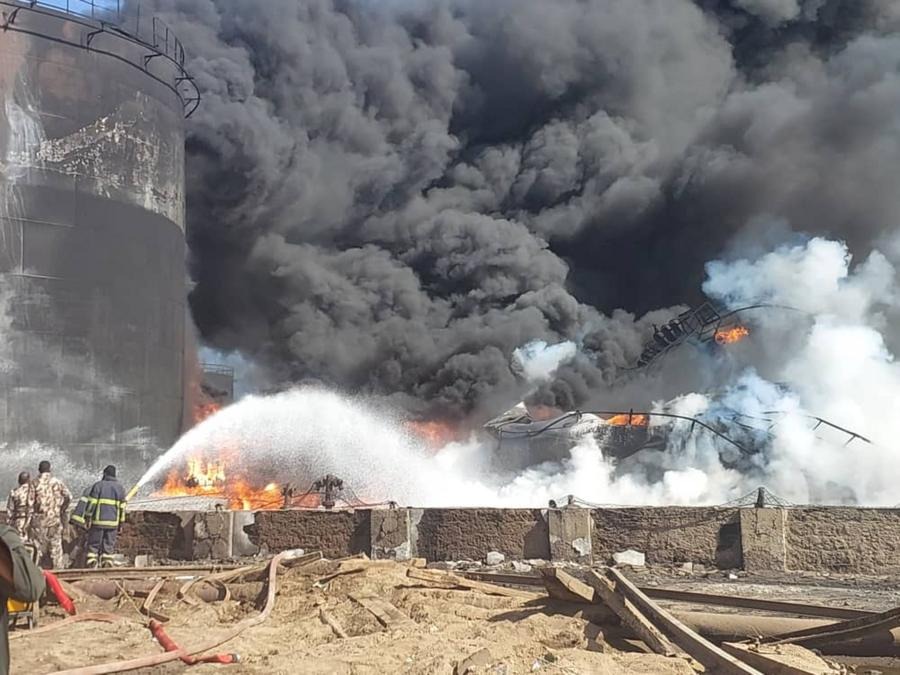
There were also alarming reports of sexual violence, including accounts from humanitarian partners that at least 25 women were gang-raped when RSF forces entered a shelter for displaced people near El Fasher University. OHCHR said humanitarian workers and local volunteers supporting vulnerable communities were also among those killed.
UN High Commissioner for Human Rights Volker Türk renewed his appeal to States with influence over the warring parties to act urgently to end the violence, halt arms flows, and ensure protection of civilians.
Meanwhile, Dr. Teresa Zakaria, Unit Head for Humanitarian Operations at the World Health Organization (WHO), said the agency was “alarmed” by the surge in attacks on health care across Sudan — including the killing of more than 460 patients and their families in El Fasher on 28 October. On the same day, six health workers were abducted, she said.
The Maternity Hospital in El Fasher had been attacked five times in October alone, Dr. Zakaria noted, adding that since the RSF’s capture of the city, no humanitarian presence remained and access was completely blocked. WHO condemned these “heinous attacks” in the strongest terms and reiterated that health care facilities are protected under international law.
“No patient or family member should fear for their lives while seeking care, and no health worker should risk death while saving lives,” Dr. Zakaria stressed.
She warned that the attacks on hospitals, health centres and ambulances had deprived millions across Sudan of urgent medical care. Fewer than half of the country’s health facilities were still functioning at pre-war levels, and 40 per cent were not operating at all.
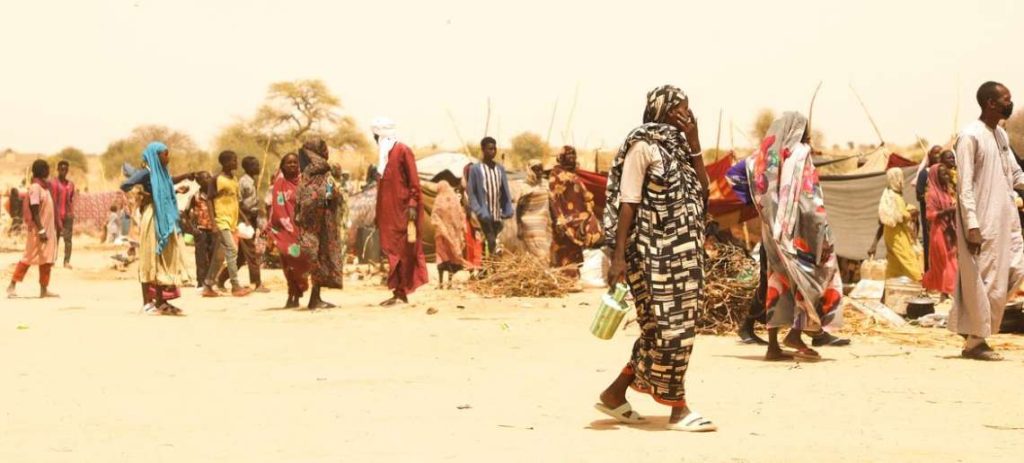
“People are dying due to lack of access to basic care and medication,” she said, calling for an immediate ceasefire in El Fasher and across Sudan, and for unhindered humanitarian access.
WHO said it was moving emergency and medical supplies — including for maternal health, neonatal care and malnutrition — and stood ready to deliver them once conditions allowed. Dr. Zakaria urged the international community not to abandon Sudan “at this dark hour.”
In Geneva, Rolando Gómez of the UN Information Service (UNIS) recalled the UN Security Council’s statementfrom Thursday demanding that the RSF lift its siege of El Fasher and calling for an immediate halt to fighting and de-escalation in and around the city.
Responding to reporters’ questions, Magango said that all attacks on hospitals must be investigated and those responsible brought to justice, noting that Sudanese authorities bore primary responsibility for conducting such investigations. OHCHR declined to name countries allegedly supplying arms to the warring parties.
Christian Lindmeier, also for WHO, said the attacks on Al-Saudi Hospital had occurred in multiple waves. Dr. Zakaria confirmed that WHO verifies all such incidents through multiple independent sources, though attribution was outside its mandate.
She added that the Sudan Humanitarian Appeal was only 27.4 per cent funded, with its health component at 37 per cent, even as WHO recorded over 1,000 attacks on health care in 16 conflict settings so far in 2025.


